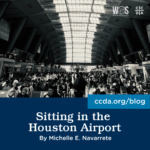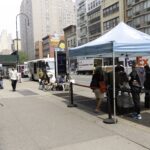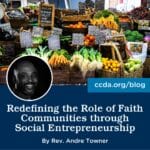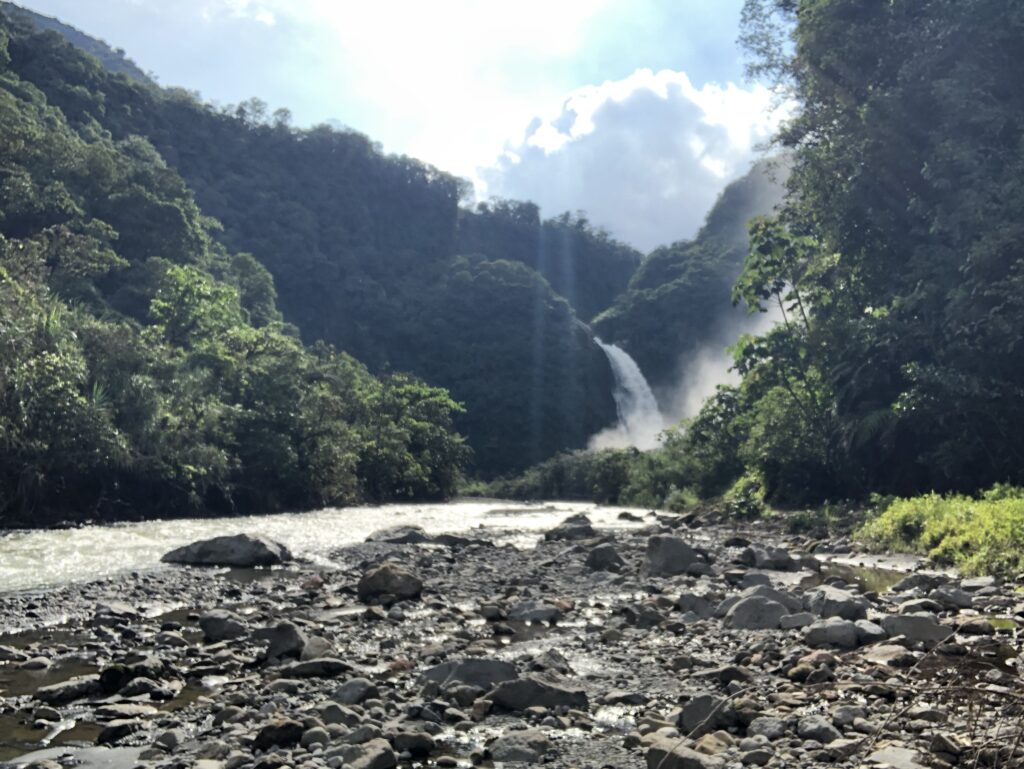
by Robbie Watson
For the last decade I have been living and working around the world and have experienced a broad spectrum of ministry endeavors. What was perhaps most impactful was my time working alongside community leaders in a camp for Congolese refugees in Rwanda. These dedicated folks were doing incredible things with little resources. And as there were few resources available, stuck in the wide poverty of the refugee camp, their focus was often on education, being a source of wealth that no one could take from them. They were doing much more than I had been taught to expect. Refugees, so the dominant narrative goes, are poor, helpless, victims, etc. But I worked for years with very capable community transformers. They taught me what was possible.
I find myself, years later, in very different circumstances: assisting various Ecuadorian ministries and churches to coordinate their community efforts, as well as teaching study abroad students from the United States in community development and intercultural communications. I have seen that much of my teaching is also helping students through a process of unlearning certain ingrained assumptions or expectations, such as those that I once faced: of who people in other countries are, what the solutions are to their problems, of the roles outsiders play within local initiatives.
Thus, the lessons from Rwanda in education continue as I see communities struggle where there are no schools, families struggle to provide for and support their children in school, and as my own students deepen their roles as learners as they enter into internships with Ecuadorian ministries. I repeat often in my classes that, in community development work, the process is as important as the product (see Twelvetrees 2008), and that community development itself is an educative process. As in, we the practitioners are learning – context, local knowledge, best practices, etc. – while community members are learning from us and each other about how to see themselves and their communities in new, hopefully positive ways. As parties interact and dialogue, both sides will grow and adapt on personal levels, and in this way come to a deeper understanding and knowledge of the path forward. Educational equity, in this sense, is the realization that we are all meeting on the same level, despite positional differences.
As practitioners we constantly examine our actions, seeking to understand the what and the why of both our tangible practice and our underlying motivations. Are we seeking to be saviors, or are we seeking true dialogue?
Often students will struggle with taking the stance as a learner in their internships, feeling out of place or undirected. Balancing expectations and assumptions – both how we see others and how they see us – can make it difficult to embrace a co-learning, equalizing attitude. If this seems to be the case, let us not underestimate the importance of unstructured time. Often it feels like we are doing nothing, that nothing is changing, advancing. Yet we must then lean evermore into the reality of this educational exchange, or very possibly miss what another has, or even what God is doing.
In my work with students, following the work of Paulo Freire, I myself need to remember to learn from them, understand the perspectives that they bring from their own contexts and experiences, and how such perspectives can be valuable to our educational setting and beyond. What do they see that I do not see? Likewise, I am always learning from the Ecuadorian leaders with whom I also work, whether that be in rural areas, in urban settings, or in Indigenous communities. I bring a certain education and experience to the table, and they all bring their own knowledge, ways of understanding, and particular expertise. And this is regardless of if they have never finished high school or if they have a doctorate. In the educational exchange of community development, as in the Kingdom of God, all are equal.
May we all, therefore, as cross-cultural practitioners, as continual learners, as those who seek equity especially in educational settings, seek, ask, and pray for a humble disposition so that we might best work with and walk alongside others.
References:
- Chambers, R. (1983) Rural Development: Putting the last first. New York, Pearson.
- Freire, P. (1995) Pedagogy of the Oppressed. New York, Continuum.
- hooks, b. (1994) Teaching to transgress: education as the practice of freedom. New York, Routledge.
- Snyder, T. R. (2021) A Future Without Walls: Confronting our Divisions. Minneapolis, Fortress Press.
- Twelvetrees, A. (2008) Community Work. New York, Palgrave MacMillan.

About Robbie Watson
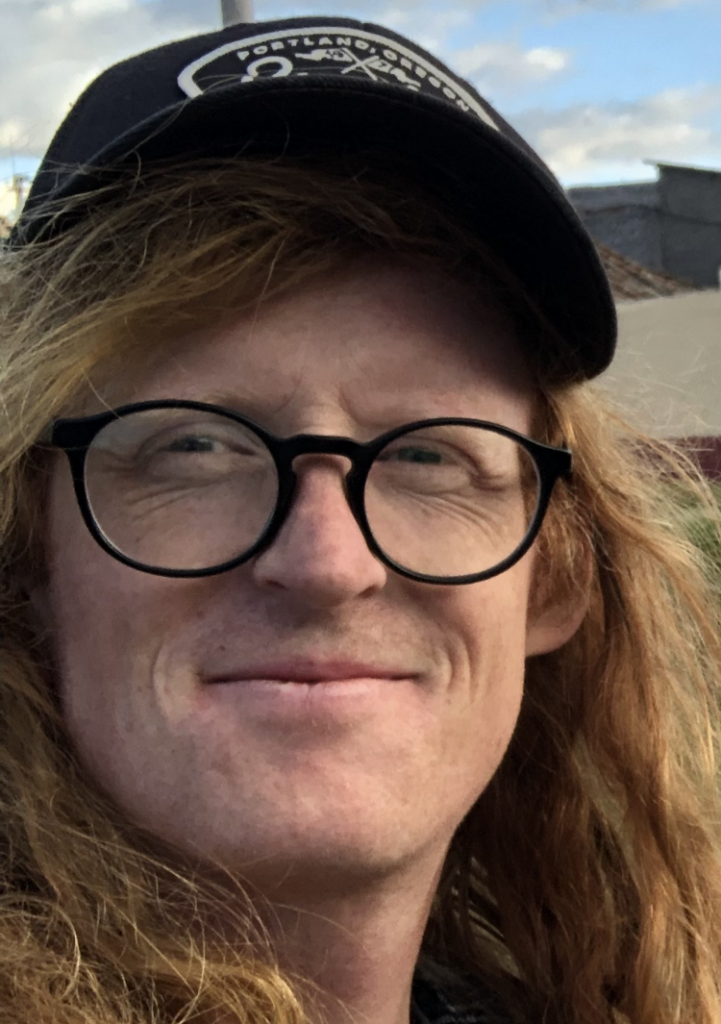
Robbie Watson, MEd, is an educator and community developer currently based in Quito, Ecuador.

